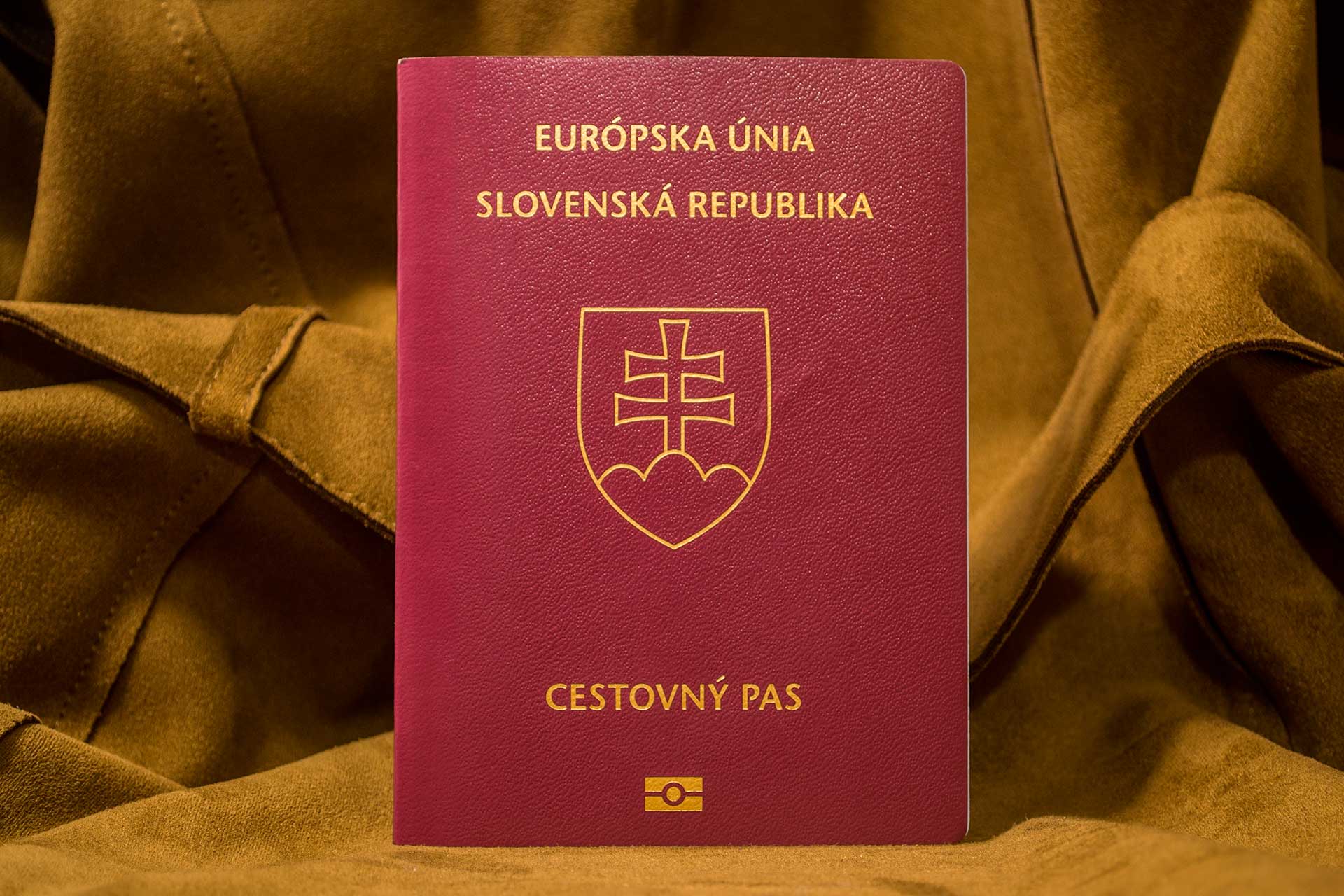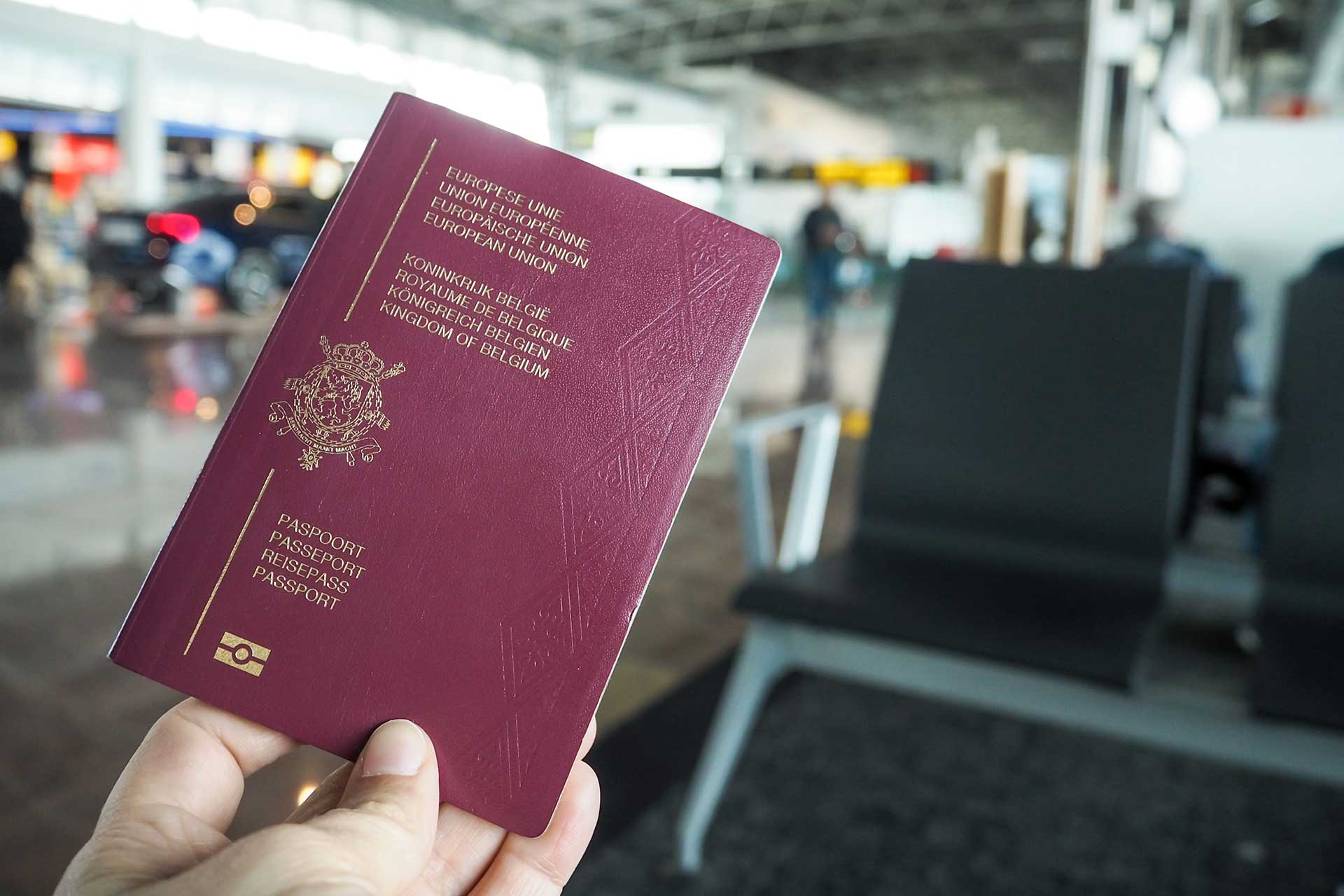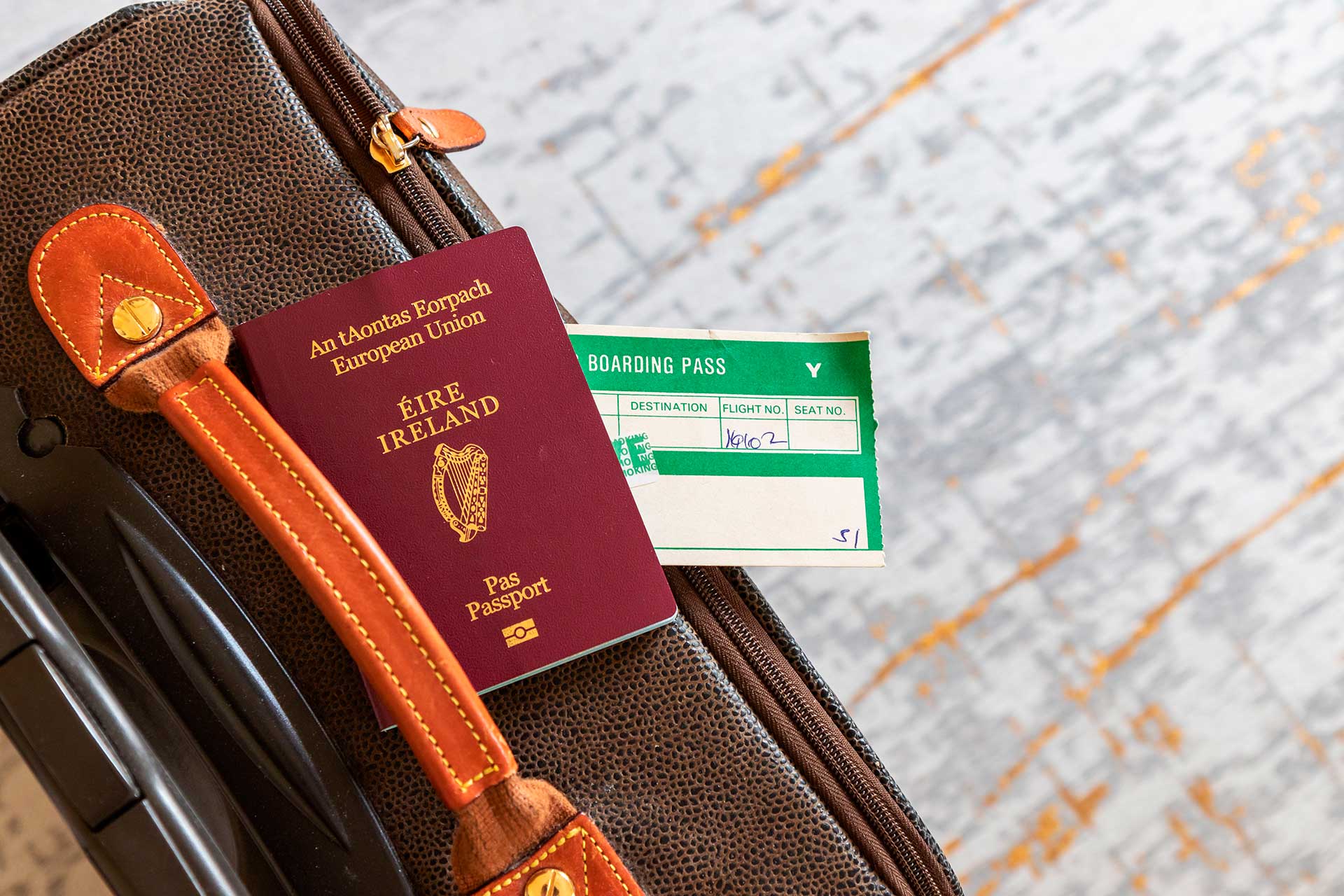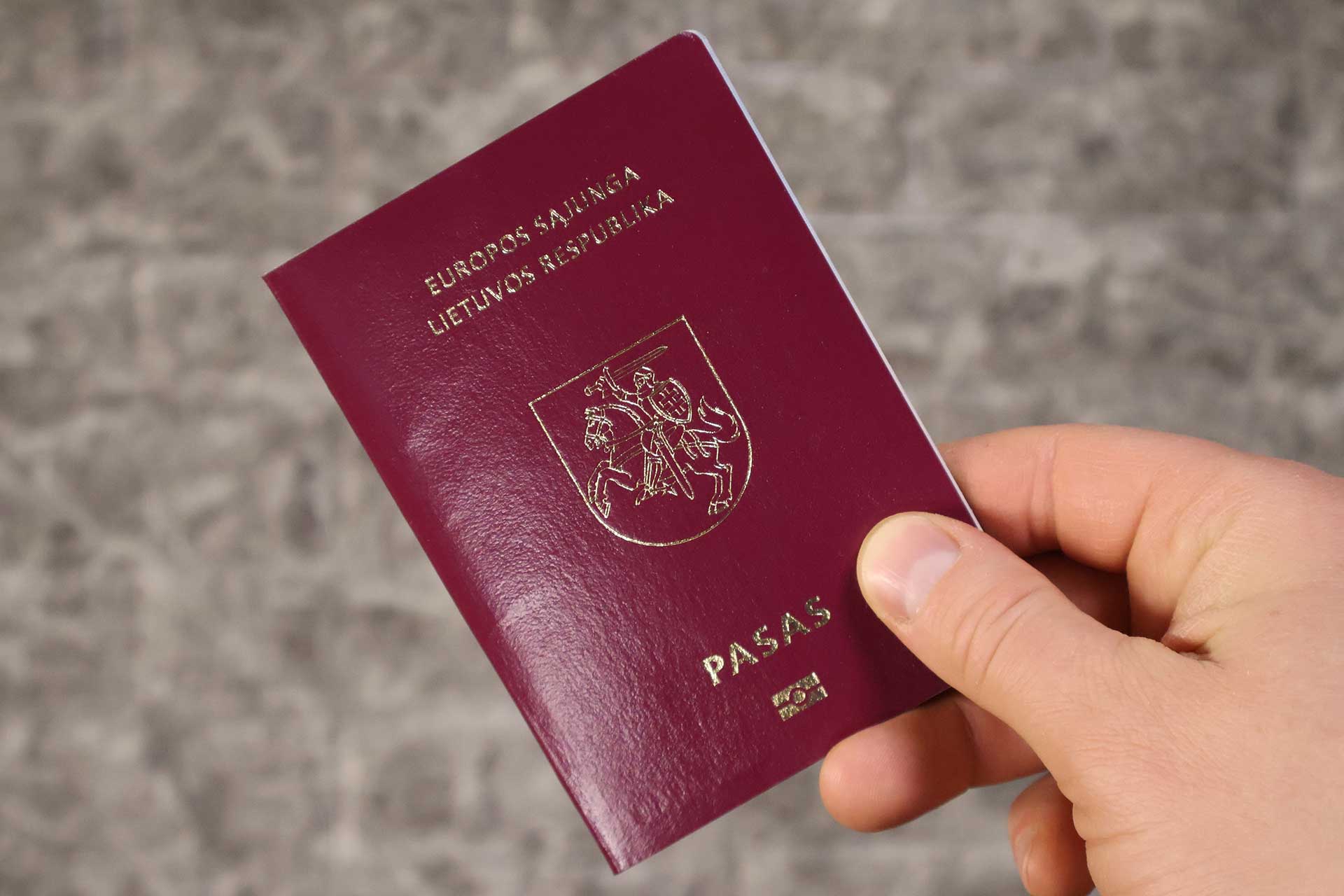- Advantages of Dutch citizenship
- Main ways of obtaining a Dutch passport
- Requirements and procedure for obtaining a Dutch passport
- How much time and money it takes to get a Dutch passport
- What doesn't work: how you can't get a Dutch passport
- Dual citizenship in the Netherlands: is it allowed to hold more than one passport?
- Where to get a second passport faster and easier: an overview of alternatives
A Dutch passport is not just an identity card, but also proof of a prestigious status that opens up many opportunities, including visa-free travel and the right to live and work in EU countries. Dutch citizenship can be obtained by birth, recognition, through naturalization or through a simplified procedure of potation available to limited categories of applicants. In most cases, foreigners have the right to apply for a passport of a given EU country after 5 years of residence on its territory. The conditions and procedure for acquiring Dutch citizenship are regulated by the local law “On Citizenship”.
High standard of living, security and education, opportunities for doing business and building a career - these are the factors that determine the popularity of the country among immigrants. Also, residents of the kingdom can count on stability and social guarantees, support during integration into society. Very often residents of countries from outside the European Union seek to obtain a Dutch passport in order to acquire in this way all the benefits of EU citizenship.
Advantages of Dutch citizenship
Reviews of people who have received a Dutch passport, testify to the many advantages of immigration to the country of tulips, which is a good choice for a comfortable life, work and investment. Becoming a resident of the kingdom, you acquire mobility, a high level of economic stability and social protection. Among other advantages that the passport of an EU country provides are:
- visa-free travel to more than 160 countries (Holland ranks 3rd in the world ranking of passport strength);
- access to free or subsidized higher education in Europe's leading universities, priority admission over non-EU residents;
- consular assistance when staying abroad;
- the opportunity to invest and choose tax residency in different EU countries, taking into account financial interests;
- the right to social benefits, pensions and other forms of state support;
- the opportunity to work and do business throughout the European Union without prior authorization;
- access to quality health care (the state is ranked first in the world according to the Health Care Index), including abroad, with the European Health Insurance Card (EHIC).
One of the disadvantages of the country is high tax levies, which are charged from the residents of the state, but this nuance is compensated by decent salary (average 2663 EUR per month) and comfortable living conditions.
If you are facing the choice of immigration program, it is worth to ask for help from international law specialists. Lawyers will provide several options for legalizing your status in the best possible time. Learn the easiest way to obtain citizenship of a European country during a free consultation.
Main ways of obtaining a Dutch passport
For foreigners, the most affordable option for acquiring Dutch citizenship is naturalization, which requires meeting the residency requirement and other legal requirements. It is also possible to obtain a passport to the kingdom through marriage and optation. It is important to know that investment programs for those wishing to obtain a Dutch residence permit have been suspended. Below we will take a closer look at how you can become a holder of Dutch citizenship in 2026.
Naturalization
To obtain a Dutch passport through standard naturalization, you will need to live in the country with a residence permit for at least 5 years, timely applying for and renewing your status. The country's legislation provides a number of grounds for obtaining a residence permit and applying for citizenship in the long term:
- Work. In order to obtain a work and residence permit in the Netherlands, one must have a contract concluded with a Dutch employer for at least one year and health insurance. The salary of a residence permit applicant must be from 2192 EUR per month. For some categories of employees (artists, missionaries, interns) there are more loyal requirements, in particular, regarding income. The period of validity of the residence permit is similar to the period for which the work contract is concluded, but it cannot exceed 5 years. The permit can be renewed and in the future requests for permanent residence and citizenship can be made.
- Family reunification. Spouses, partners, minor children of Dutch residents can obtain a residence permit, the duration of which depends on the type of sponsor's authorization, but does not exceed 5 years. The host party must demonstrate adequate income and housing, prove family ties and register the joining family member at their address. The permit can be renewed if the conditions of its issuance are valid and the sponsorship remains in place.
- Marriage. Registered Dutch partners and spouses can obtain a Kingdom passport without meeting the residency census if the duration of their union and cohabitation is at least 3 years. The age of each applicant must be at least 21 years old. If the marriage has just been concluded, the Dutch citizen who is the sponsor is entitled to apply for a residence permit for his or her partner, provided there is suitable housing and sufficient income. The permit is valid for 5 years, renewable, and citizenship can be claimed after 3 years.
- Study. The student residence permit is issued by the Dutch institution where the foreign applicant is enrolled. The applicant must pay all fees set by the institution and have sufficient funds to cover his/her expenses (from 898 EUR per month). The permit is issued for a period of one to 5 years depending on the duration of the course of study. Within 3 years after receiving the diploma it is possible to request a renewable residence permit for a year to look for a job. To stay in the Netherlands, it is worth changing the basis of immigration to self-employment or employment, for example.
- Highly skilled employment. A residence permit for highly qualified employees is issued only by an accredited employer (sponsor). The main conditions for obtaining a permit are a salary of at least 2989 EUR per month, specified in the employment contract, and absence of a criminal record. The residence permit is issued for up to 5 years with the possibility of extension and the right to apply for Dutch citizenship in the future.
- Founding a startup. To start an innovative business, you must first conclude an agreement with an experienced coordinator and register with the Dutch Chamber of Commerce (Kamer van Koophandel, KVK). The Dutch Startup Visa is issued for 12 months without the right to renew. Other conditions for obtaining a Dutch Startup Visa include having a business plan and sufficient income. After the expiration of the Dutch Startup Visa, a new residence permit must be issued by changing the basis of immigration to entrepreneurship, self-employment or other.
- Commercial activity. Self-employed persons and entrepreneurs registered in the KVK can apply for a Dutch residence permit, which is valid for 2 years with the right of unlimited extension. Depending on the type of employment, proof of qualifications and/or work experience, a business plan, proof of employment relationship with clients are required when applying for the permit. Foreign entrepreneurs can apply for Dutch citizenship after fulfilling the conditions of naturalization.
- Humanitarian reasons. If you need asylum and protection because of persecution (racial, political, religious and other) in your home country, you can obtain a Dutch residence permit. The permit is issued for a period of up to 5 years with the right of extension and the possibility to obtain Dutch citizenship by naturalization. You will receive a preliminary decision on your application 9 days after its submission, but the case will be checked for another 6 months as part of the extended asylum procedure. During the asylum process, the refugee will have to undergo an interview and confirm the purpose of their stay.
Get EU citizenship fast and easily
Learn how to become an EU citizen through simplified programs
Optation (restoration of citizenship)
Optionation is a simplified process for obtaining Dutch citizenship, lasting only 3 months. Participants do not have to take an integration exam or renounce their first citizenship of their country of origin. The simplified Dutch passport process is designed for those who already have a close connection to the state. Specifically, the optation process is available to adults who:
- have been born in the Netherlands and have lived there for at least 3 or 5 consecutive years, depending on the situation;
- have been adopted by a Dutch person and have been under his or her care for at least 3 years;
- have lived in the country since the age of four;
- have previously held Dutch citizenship and lost it for various reasons;
- have lived in the Kingdom for at least 15 consecutive years on the basis of a residence permit.
Requirements and procedure for obtaining a Dutch passport
In order to become a Dutch citizen, you need to prepare a dossier confirming that the candidate meets the conditions for naturalization. Foreign documents that have not been previously registered in the database of personal data (BRP, De Basisregistratie Personen) must be translated into Dutch, German, French or English and legalized. The dossier includes:
- birth certificate;
- passport;
- a current residence permit;
- diploma, other proof of integration or a certificate of exemption from this requirement.
If you include minor children in your naturalization request, you must submit their passports (if available), birth certificates and the consent of the other parent. Depending on the grounds for citizenship, additional documents may be required. For example, if you live with a Dutch spouse, you will need proof of joint household (rental agreement, bank statements).
To obtain a passport of a Dutch citizen, it is required to pass the following immigration stages:
- Visa request. If you plan to stay in the Netherlands for more than 90 days, you will have to apply for a long-term visa MVV (Machtiging tot voorlopig verblijf). To get it, you need to prove sufficient income, no criminal record, and show your passport. You can apply for a visa at a Dutch consulate abroad or online at the IND (Immigration and Naturalization Service) website. Application processing time - from 15 to 90 days, the fee depends on the basis of immigration (from 243 EUR).
- Confirmation of residence permit. After arrival in the country on the basis of MVV it is necessary to apply to IND for obtaining a residence permit. Requirements for applicants depend on the purpose of stay in the Netherlands. Obligatory are the presence of a passport, health insurance, certificate of no criminal record, proof of regular and sufficient income, as well as payment of the fee (from 243 EUR). The application is considered within 60 days, and if the request is submitted by a recognized sponsor - within 2 weeks. The residence permit is issued for a period of up to 5 years with the right to extend it if you continue to meet the requirements of the migration legislation.
- Obtaining permanent residence. To qualify for permanent residency status, it is necessary to live in the country for 5 years or more, have sufficient income and health insurance. Also, the applicant must successfully pass an integration exam, confirming knowledge of the Dutch language and the structure of the local society. The application for a residence permit is submitted online or sent by mail 3 months before the end of the current residence permit with payment of a fee (243 EUR). The case is considered within six months. After approval, you must pick up the resident card in person at the IND office. The validity of the permit is not limited in time.
- Registration of citizenship. It is possible to apply for naturalization after 5 years of continuous residence in the territory of the state by applying to the municipality of the place of registration and paying a fee (from 1091 EUR). The applicant must have a valid residence permit, meet integration requirements, and renounce previous citizenship, unless exemptions apply. The case is considered within a year, you can check its status on the IND website. You become a Dutch citizen after participating in the naturalization ceremony.
- Obtaining national documents. Having a certificate of naturalization, you must apply for an ID-card, which is a compulsory identity card for all Dutch people. You can also get a passport, which you will need only for traveling outside the European Union. National documents are issued by the municipality on the basis of the ID card. You will need to pay fees (passport price - 87 EUR, ID-card price - 78 EUR), provide photos, take fingerprints. The term of production of documents is 7 days. You can pick up the ID-card and passport in person or by delivery, which costs 19 EUR.
Naturalization is one of the most common ways of obtaining EU citizenship, but its main disadvantage is the duration and significant costs at each stage. If you have a goal to become a European passport holder as soon as possible, it is worth considering alternative immigration options. Simplified programs with the support of lawyers allow you to legalize your status in Europe within 4 months. Migration specialists will familiarize you with the details of obtaining EU citizenship quickly at a free consultation.

How much time and money it takes to get a Dutch passport
To become a citizen of the Netherlands, in most cases you need to go through the naturalization procedure, which takes from 5 years, and pay administrative fees related to obtaining a visa, residence permit, permanent residence permit, citizenship, national documents. The total cost of registration and renewal of residence permit ranges from 243 to 1347 EUR, depending on the basis. The total value of administrative costs for obtaining a Dutch passport by naturalization is 1 985 EUR, through marriage - from 1256 EUR. The optation, which takes 3 months, will cost the cheapest - 396 EUR.
Additional costs include taking an integration exam (350 EUR), legalization of documents (26 EUR per unit). It is also worth considering the cost of living in the country (an average of 1,010 EUR per month per person), payment of rent (1,106 EUR for a one-bedroom apartment) for the period of naturalization.
What doesn't work: how you can't get a Dutch passport
Many myths are spread about obtaining Dutch citizenship, because of which some people mistakenly believe in “quick” and “easy” ways of obtaining a European passport. In fact, the procedure is strictly regulated by law, and attempts to circumvent and attempts to circumvent it, result in denial of naturalization, fines and criminal penalties. Violators may also face a lengthy ban on entry to the Netherlands and the entire EU territory. Below we look at common misconceptions about obtaining citizenship:
- Marriage to a Dutch person allows you to automatically obtain a Dutch passport. Spouses and partners of Dutch people can indeed apply for citizenship of the kingdom, but only if the union lasts at least 3 years. It is also necessary to prove the sincerity of the relationship and cohabitation. Each case is thoroughly checked, and fictitious marriage for the purpose of obtaining residence permit or citizenship entails administrative and/or criminal liability, leads to the revocation of documents and deportation of the foreigner.
- A Dutch passport can be purchased. Offers to buy “ready-made” passports are always fraudulent. It is only possible to obtain Dutch citizenship if you meet immigration requirements, and attempting to buy and use forged documents carries criminal penalties.
- Acquiring citizenship through investment. Unlike some countries, such as Egypt or Turkey, European countries only grant residence permits for investments in the economy, and citizenship can only be claimed through standard naturalization. In the Netherlands there was also a program of obtaining residence permit for investments of at least 1 250 000 EUR, but in 2024 it was suspended. Also, a residence permit cannot be obtained by purchasing real estate.
Dispelling misconceptions about Dutch citizenship allows you to get a clearer picture of the possibilities of acquiring it. With the help of lawyers, you will be spared the need to understand the intricacies of the law, as professionals will take care of the proper planning of the move. They will find a legal citizenship program and guide you through every step of the immigration process. Learn more about this during a free consultation.
Get EU citizenship under a simplified procedure
Default Description

Dual citizenship in the Netherlands: is it allowed to hold more than one passport?
In most cases, Dutch citizens cannot hold a second citizenship, so foreigners are obliged to renounce their country's residency upon naturalization. Exceptions exist, for example, for refugees and those who are married or in partnership with a Dutch citizen. Also, persons undergoing an optation procedure or having the origin of a country that the Netherlands has not recognized (Taiwan, Palestine) can retain a second passport. Children, depending on the origin of their parents, also have the opportunity to become holders of several national documents.
It is worth bearing in mind that there are significant differences between dual and second citizenship. In the first case, we are talking about the presence of an agreement between countries, when the statuses, rights and obligations of a person are recognized in both states at the legislative level. Second citizenship means the presence of two national documents without the possibility to choose, for example, the place of military service. Thus, if you have a passport from France or Slovenia, for example, you will still be legally recognized as a citizen of the Kingdom of the Netherlands.
Where to get a second passport faster and easier: an overview of alternatives
For those who want to become a holder of a second passport, there are simplified programs in some European countries - they are more advantageous, since the Netherlands in most cases requires renunciation of previous citizenship during naturalization. The fastest and easiest immigration options are offered by Romania, Slovenia and Bulgaria. These countries have repatriation programs that allow you to obtain a second passport within 4 to 14 months.
The choice of a suitable country and grounds for immigration, as well as the preparation of a correct dossier requires a professional approach and thorough knowledge of the current legislation. International law specialists will choose the optimal program for you to obtain an EU passport in 4-14 months, draw up an individual action plan and help you to implement it as efficiently as possible. Start your path to European citizenship right now by signing up for a free consultation.

Mark Gartman
Migration lawyer
The lawyer of Futurepassports company, which specializes in international law. Advises on immigration issues and helps you find the best options to quickly obtain citizenship in EU countries.
“Immigration is not just a journey from one place to another, it is a journey from who you were to who you can become.”



